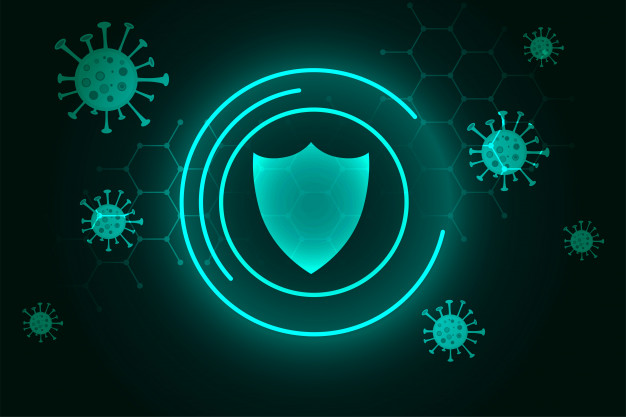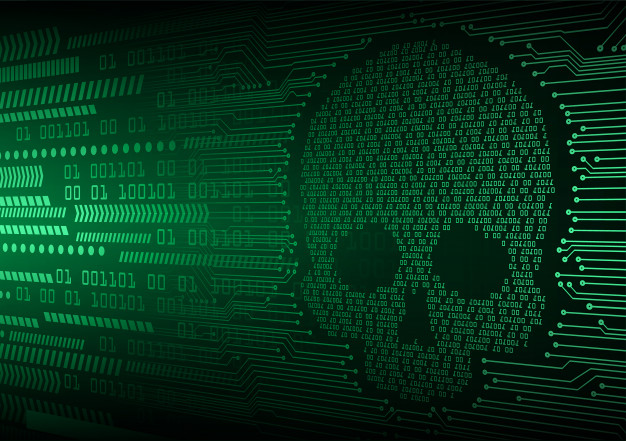12 Misconceptions and Myths About Antivirus
12 Misconceptions and Myths About Antivirus
Today, despite the relevance of protection against digital threats, people have many misconceptions about antivirus software. It would seem that the growth of computer literacy should dispel these myths, but they continue to exist and spread among users. Some of them are quite old and very tenacious.
Myth # 1 Antivirus is no longer needed
This fiction is due to the fact that hundreds of new digital threats and their modifications appear every day. Antiviruses supposedly physically cannot keep up with the changes in the viral environment. There is some truth in this statement, but modern security programs use, along with signature-based, proactive methods for finding the latest malware that has not yet been included in the databases.
Myth # 2 Antivirus scanners can protect against viruses
Antivirus scanners are simplified antivirus programs that scan your computer's files for viruses. Scanning refers to passive protection. Only an antivirus that protects in real time is able to prevent a virus from entering the system. Scanners - detectors are suitable for quickly disinfecting a system or testing the reliability of the main anti-virus program.
Myth # 3 To prevent a virus from entering a computer, it is enough to be vigilant
This misconception turns out to be the cause of massive outbreaks of computer viruses. Malware that exploits operating system vulnerabilities do not require user action to penetrate. The WannaCry ransomware Trojan spread over local networks, infecting hundreds of computers in a matter of minutes. Personal vigilance did not stop him.
Myth # 4. I don't need an antivirus because my computer has no valuable information.
Maybe you don't have valuable information on your computer, but your friends and acquaintances do. With your infected flash drives, you can bring viruses to other people's computers. Thanks to this frivolity, viral threats spread. In addition, your computer can get into a botnet and participate in sending spam, DDos attacks, mining cryptocurrency and other actions without your knowledge...readmore
Myth # 5 Antivirus software slows down your computer a lot.
In standby mode, the antivirus practically does not consume computer resources. If, nevertheless, the antivirus program affects the speed of the PC, most likely it does not meet the recommended system requirements, but only the minimum. Before installing an antivirus program on your computer, check the system requirements for the application to function properly. For outdated technology, lightweight cloud antiviruses work well.
This issue is discussed in more detail in the article: How does antivirus affect computer performance .
Myth # 6. Viruses exist only for Windows
The Microsoft Windows operating system is the most widely used in the world. Therefore, the overwhelming majority of viruses, trojans and malware are designed to function in the Windows environment.
The development of mobile technologies and the growth in the number of smartphones and tablets have led to the emergence of malicious programs for Android, the number of which is growing every year. This was the reason for the creation of mobile antiviruses for Android and iOS.
Myth # 7. Antivirus companies create viruses themselves to promote their programs.
This is the oldest and most enduring myth. Perhaps it continues to exist because of fake antiviruses , which have nothing to do with protecting against viruses, but are themselves malware. If antivirus companies were in fact writing viruses, they would have been prosecuted long ago for this, including criminal liability. After that, the damaged reputation can no longer be restored.
Myth # 8. Two antiviruses are better than one.
Security experts do not recommend installing more than one active antivirus program on a computer. Two antiviruses can not only interfere with each other, but also wage wars between themselves, mistaking a rival for malware. Even if they coexist peacefully, double-checking all files can affect system performance.
There are programs that use several anti-virus engines, for example TrustPort Antivirus.
Myth No. 9. I have an antivirus, I can run any suspicious programs
This is a very dangerous misconception because there is no absolute protection. Antivirus software is not a 100% security guarantee. There is no need to put your computer at risk in vain by running suspicious programs and files.
Myth # 10. Free antiviruses are useless.
Modern free antiviruses have all the necessary tools for basic protection of computer equipment from digital threats. The famous top Free Antivirus in many respects is not inferior to the paid versions of antivirus. From an economic point of view, using free home security software makes sense and makes sense.
Myth # 11. Computer viruses are created for entertainment.
In the early days of computers, viruses were created for self-expression by single hackers. Malware writing has become a very lucrative criminal business today. Whole teams of programmers, testers, and social engineering specialists are working on ransomware, spyware, and phishing programs.
In July 2020, the University of California San Francisco (UCSF) paid a ransom of $ 1.14 million to recover research files that were stored on encrypted servers.




Comments
Post a Comment